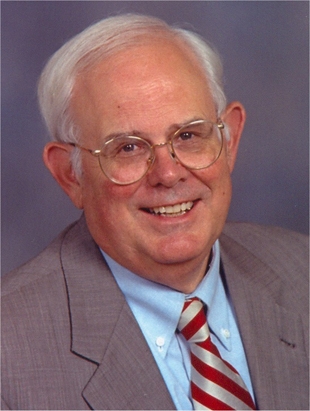If you've ever put together a jigsaw puzzle you can understand the task of assembling a state budget. Like a puzzle, one piece of the spending and tax plan builds upon another as lawmakers construct a two-year budget that spends more than $23 billion a year. This is a daunting task under normal circumstances, but one promising to be extremely difficult this year.
President Trump has shown the outline of his recommendations for the federal budget year beginning October 1 - bold and dramatic budget changes that would increase defense spending by $53 billion while making large cuts in other agencies. News headlines foretell the potential elimination of funding for PBS and NPR, Meals on Wheels and other programs. One fact on which you can be certain is that every Washington lobbyist is already mounting campaign efforts to save their particular project. And given the difficulty congressional leaders are having trying to repeal and replace Obamacare, it is also a certainty that President Trump's budget proposals are sure to face lengthy and possibly contentious hearings, only increasing the likelihood that once again the federal fiscal year will begin without a budget in place. Congress will be faced with either passing continuing budget resolutions or shutting down the government.
The federal budget uncertainty is creating major reverberations for leaders trying to assemble the North Carolina state budget, since more than $14 billion in federal funding comes to our state through education, transportation, healthcare and other federal programs. Those amounts are not included in our state budget, but many of these programs have state matching requirements. Take Medicaid, for example. Historically, the federal government has contributed 66 cents for every 33 cents contributed by the state. The president and many Congressmen are seriously considering removing this matching provision, substituting block grants to each state. Those grants promise the state more flexibility to best fit the needs of its citizens.
Forgive our cynicism but we've experienced this block grant "carrot and stick" scenario before. In too many instances federal officials use the carrot of flexibility only for us to discover later there is a stick of less funding than was previously the case or so many strings attached to the grant that freedom and flexibility are seriously restricted.
Trump's budget proposals put almost every federal program in play, with the possible exceptions of Medicare, Medicaid, Social Security, Children's Health Insurance (CHIP) and current subsidies for Obamacare. These programs account for almost 49 percent of the federal budget. With the possible exception of Obamacare reductions our Congressmen and Senators know it would be political suicide to dramatically cut spending on the rest of these programs.
Crafting a state budget has always depended on making certain assumptions for revenues that will be received by the state. As if the federal uncertainties were not enough, this year's process is further complicated by signals from legislative leaders they intend to cut taxes by as much as a billion dollars.
Using our puzzle analogy, it appears legislators are trying to put together a puzzle when many of the pieces are missing. Under the current circumstances the best advice might be to judiciously avoid major changes, especially on the revenue side of the ledger. If not, they may find themselves dealing with future budget shortfalls.
Publisher's note: Tom Campbell is former assistant North Carolina State Treasurer and is creator/host of NC SPIN,
a weekly statewide television discussion of NC issues airing Sundays at 11:00 am on WITN-TV.
Contact Tom at NC Spin.

























